My name is shivam sinha this is for the testing purpose
11 Feb, 2023

 By Ankar Kapuria
Published On 02 Nov 2021
Updated On 12 Nov 2021
Category Sole Proprietorship
By Ankar Kapuria
Published On 02 Nov 2021
Updated On 12 Nov 2021
Category Sole Proprietorship
Business is a setup where the profit and losses are part and parcel of the setup. One can not expect to only have profit but has to rather deal with losses too. In the course of the business, many earn huge amounts while many go bankrupt in the process. There are various kinds of businesses that need to be registered such as registered sole proprietorship, private companies, public companies, etc. It all depends on the kind of business that one is engaged with. In the course of the business, there will be times when one is unable to pay the load. In situations like this, there are clauses that help the business to get some time extension and restructure the payment plan.
The Insolvency and Bankruptcy Code, 2016 is a law where the issues of insolvency are resolved. This is set to help the business restructure the payment plan in ways that can be helpful. It aims at maximization of value of assets, promoting the sense of entrepreneurship, and looking at the availability of credit. It also aims to balance the interests of all the stakeholders including alteration in the order of priority of payment of Government dues. It also looks to set up a structure to look at insolvency and bankruptcy for further occurrences. It aims to look at the company registrations in the I&B cases to solve the matter at the earliest.
A sole proprietorship is a kind of business where the ownership and control are by an individual, a company or a limited liability partnership. This kind of business does not have partners. Legally it is not separate from the owner and can thus sue and get sued in the name of the owner. As it is not separate from the owner, it makes the owner have unlimited liability. To exist as a firm like this there is a need for a proprietorship company registration. This will give the firm the legality to stand apart.
To understand the definition of a Sole Proprietorship Firm under the Insolvency And Bankruptcy Code, 2016 one needs to know various things. The first and foremost is the definition according to which Section 5(7) of the I&B Code defines the term "Financial Creditor" as any person to whom a financial debt is owed. And according to Section 5 (20) of the I&B Code, "Operational Creditor" defines any person to whom an operational debt is owed.
According to section 2 (23) of I&B Code, a person is:
An individual,
A Hindu Undivided Family,
A Company, a trust,
A partnership,
A limited liability partnership
or any other entity established under a statute.
Based on this it can be understood that a Sole Proprietorship firm is not a person. The definition of “any other entity established under a statute” makes it eligible. This is so because according to the Section 2 (23) having:
A PAN issued under the Income Tax Act
Issuance of MSME Registration Certificate issued by the Government of India under the MSME Act.
Issuance of GST Registration Certificate issued by the Government of India under the GST Act.
Issuance of Shop and Establishment License issued under Shops & Establishments Act.
Opening of Bank Account under the name of Proprietary Concern.
All makeup for an entity.
A sole proprietorship is a ground that has been hard to define and there has been constant debate regarding it. So to understand if it comes under Insolvency and bankruptcy, one needs to have a clear distinction as to what defines it. Thus ultimately it all depends on what kind of business it is and the kind of loan structure available as each business is different from that of the others.

My name is shivam sinha this is for the testing purpose
11 Feb, 2023

How to Check the Trademark Application Status in India?
23 Jun, 2022

Trademark Class 35: What Does It Include?
17 Jun, 2022
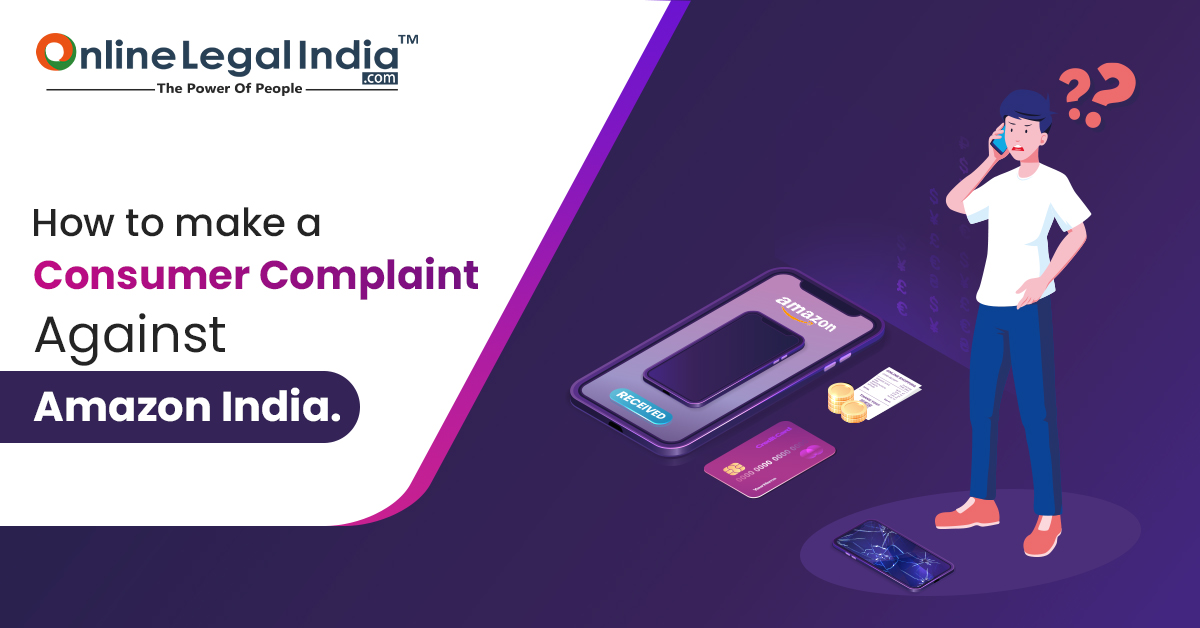
How Do I Make a Consumer Complaint Against Amazon?
17 Jun, 2022
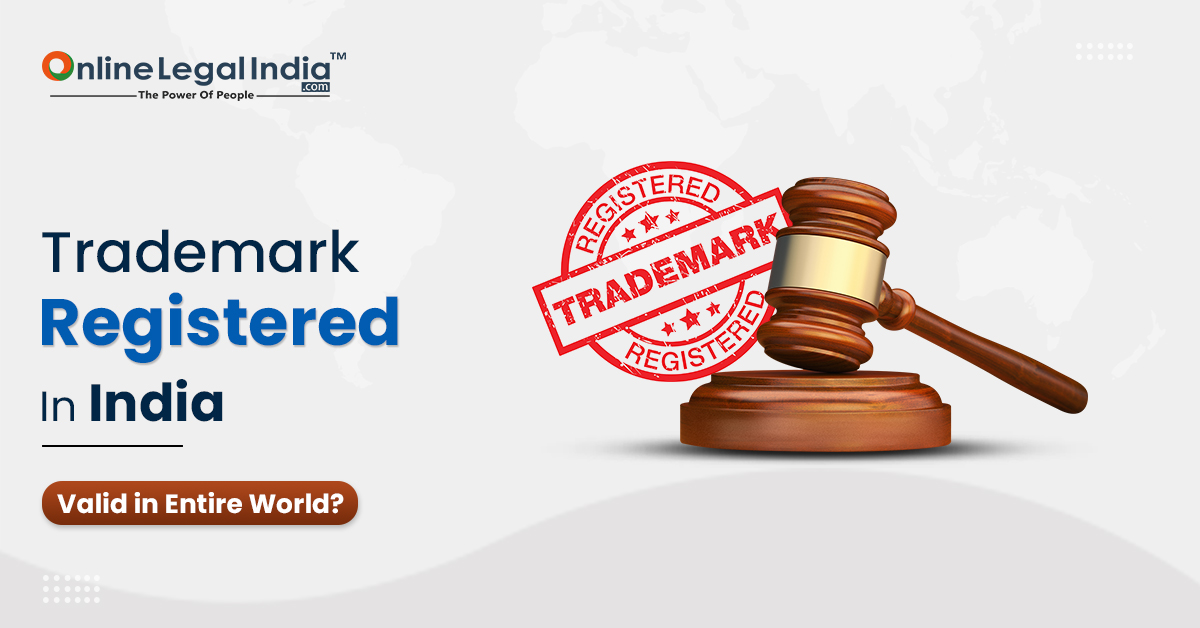
Trademark Registered in India - If Applicable All Over the World?
17 Jun, 2022
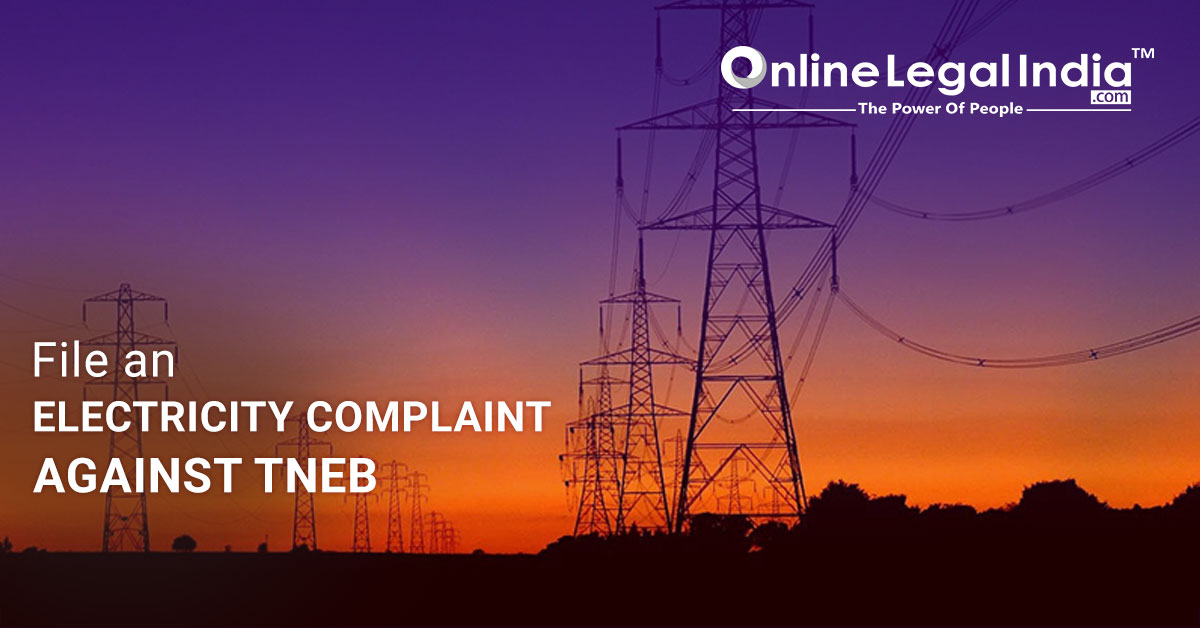
Consumer Complaint against Tamil Nadu Electricity Board TNEB
30 Nov, 2020
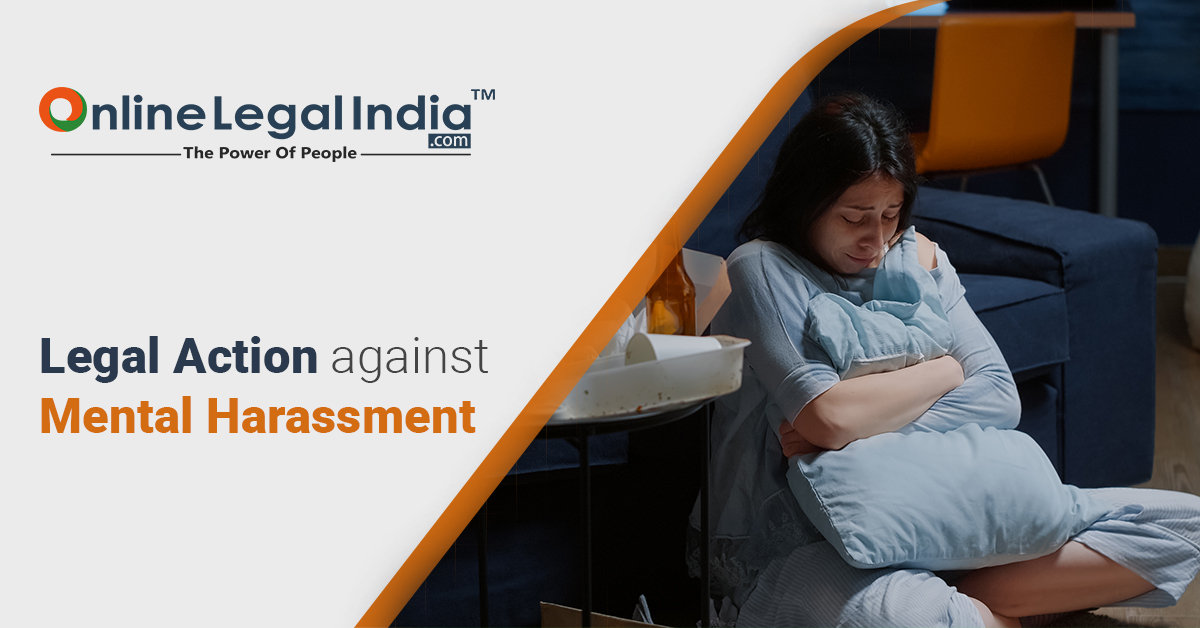
How to Take Legal Action against Mental Harassment in India?
07 Nov, 2020
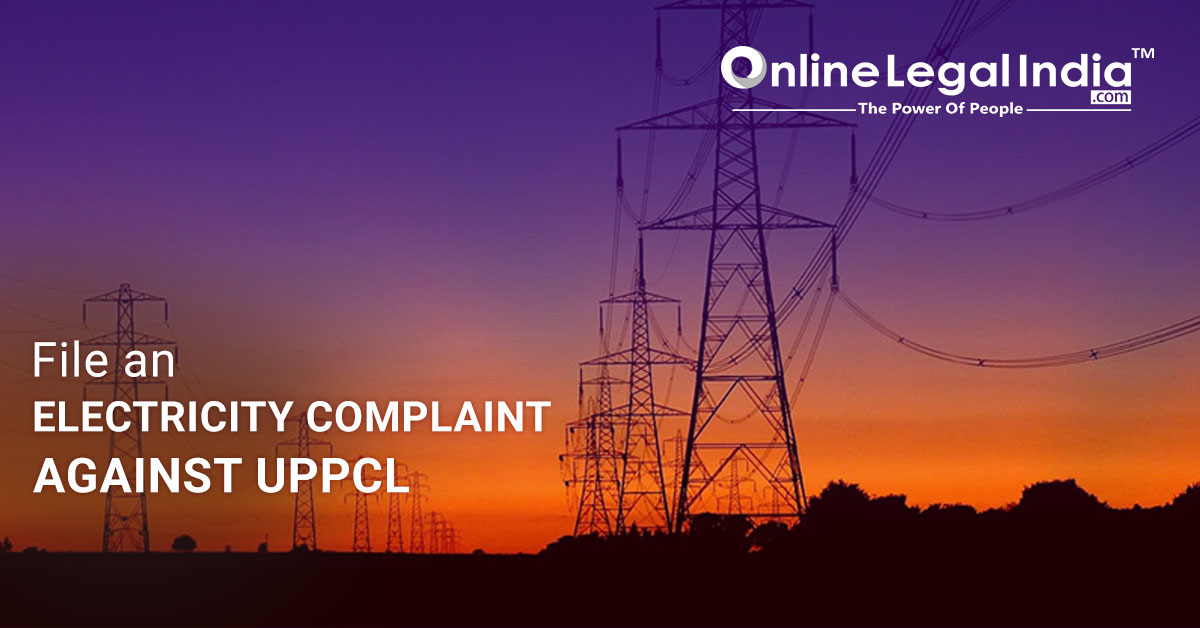
UPPCL Uttar Pradesh Power Corporation Ltd. Complaint Filing
19 Nov, 2020

How to File a Complaint Online at Consumer Court?
27 Nov, 2020
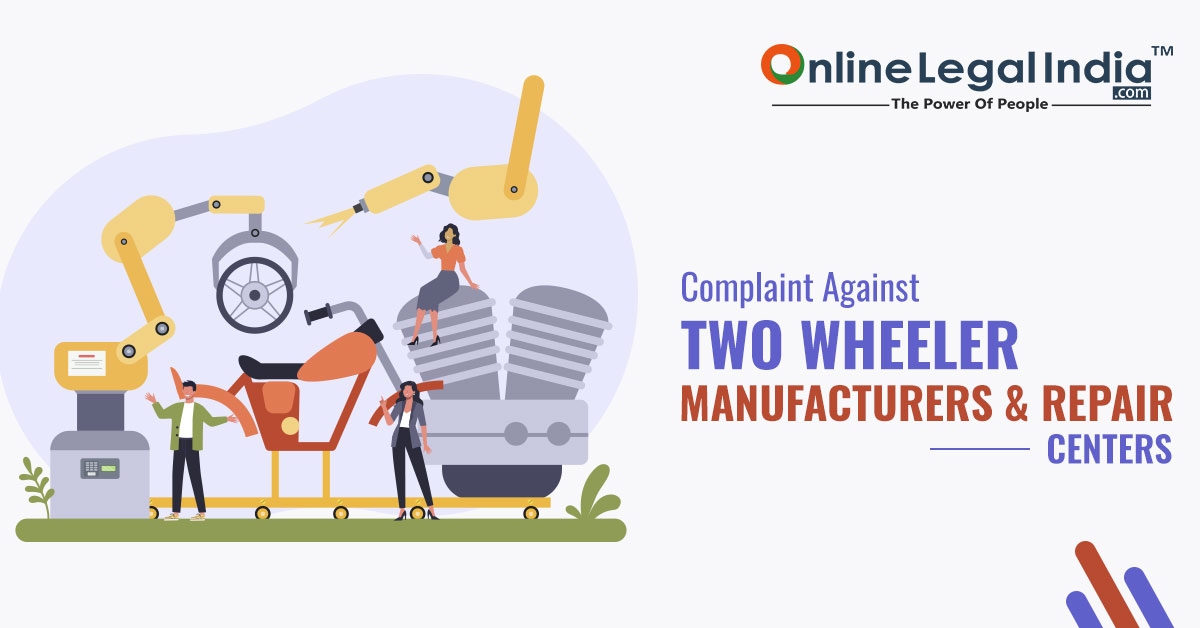
Online Complaint Filing against Hero Motocorp
04 Dec, 2020